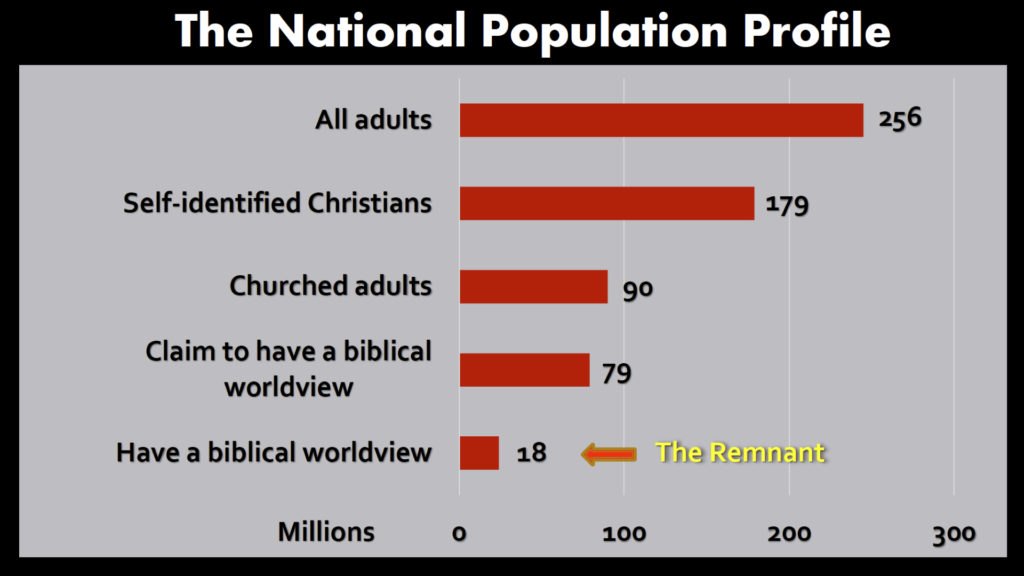
Uncertainty of Life
Recently, I have been reminded of the brevity and uncertainty of life. Two things happened that brought these truths front and center in my life.
On January 26, 2020, the world was rocked by the news that basketball legend Kobe Bryant was killed in a helicopter crash. It was later learned that 8 other people perished in that tragic accident.
Even though Bryant’s untimely death was and continues to be part of today’s headlines, there was another death that occurred a few weeks prior to this that caused me to number my days.
I can clearly remember receiving a tweet that shared the news that Lois Evans had passed away on December 30, 2019. Mrs. Evans was the wife of Dr. Tony Evans, pastor of Oak Cliff Bible Fellowship in Dallas.
Dr. Evans preached a message a couple of weeks later that reflected on his wife’s life. He used Paul’s words that were written to young Timothy as his text.
For I am now ready to be offered, and the time of my departure is at hand. I have fought a good fight, I have finished my course, I have kept the faith: Henceforth there is laid up for me a crown of righteousness, which the Lord, the righteous judge, shall give me at that day: and not to me only, but unto all them also that love his appearing. 2 Timothy 4:6-8 (KJV)
I have given much thought to Dr. Evans’ words over this past week. They have been a sober reminder that every person who has ever lived has a time when life here on earth will end.
And as it is appointed unto men once to die, but after this the judgment. Hebrews 9:27 (KJV)
Evans said something related to this verse that caused me to sit up and take notice. He said,
How old you are is not determined by your birth date but by your death date…Many people think they are younger but they are older than they think.
As I contemplated the brevity and uncertainty of life in light of Scripture, I also realized that these same truths apply to one’s ministry. There will come a day when what you and I are doing right now will end. Even though our lives may go on, our ministries will change.Just as life is a vapor, so too is one’s opportunity to serve the Lord in a particular work.
Just as life is a vapor, so too is one’s opportunity to serve the Lord in a particular work. As I look back over my years in education, I realize now that I never knew when God would change how He would use me.
I have often thought that one of the greatest threats to productive service to the Lord was experience and success. Whenever God put me in a new position, I found myself praying and looking to Him for all of the strength and wisdom that I needed in the new role. However, as time passed and I became “better” at the job, sometimes my dependence on Him waned.Today marks the start of a new week for each of us. It is another opportunity to serve the Lord in a way that will bring Him glory. Here are a few questions I have recently asked myself.
- Do I understand the brevity of life and my opportunity to serve the Lord again today?
- Am I as dependent on God to lead my ministry as the day I began it?
- As each day passes and my departure (both life and ministry) draws nearer, do I have greater spiritual clarity in all that I am and do?
- What needs to change so that I am prepared for my appointment that God has set for me?
Over the next couple of weeks I want to share with you some things that God has brought to my attention from Paul’s good bye to his son in the faith that is recorded in 2 Timothy 4.







 With Christmas just a little over a week away, I wanted to share with you something that continues to boggle my mind. Of course, everything that surrounds the true meaning of Christmas is absolutely amazing. However, there is one truth that I know I will never fully comprehend. This truth is stated in both the Old and New Testaments.
With Christmas just a little over a week away, I wanted to share with you something that continues to boggle my mind. Of course, everything that surrounds the true meaning of Christmas is absolutely amazing. However, there is one truth that I know I will never fully comprehend. This truth is stated in both the Old and New Testaments. It is amazing to see how the meanings of words change over time. Unfortunately, many Christians fail to understand that this is even happening. This results in them using words and thinking that everyone is defining them the same way they are. The end result is utter chaos.
It is amazing to see how the meanings of words change over time. Unfortunately, many Christians fail to understand that this is even happening. This results in them using words and thinking that everyone is defining them the same way they are. The end result is utter chaos. It is hard to believe that another year is coming to a close. It seems like 2019 just started a few days ago. Did you set any goals for the year or make any New Year’s resolutions? Did you achieve success this year? Everyone desires to find success but how can one measure and determine true success?
It is hard to believe that another year is coming to a close. It seems like 2019 just started a few days ago. Did you set any goals for the year or make any New Year’s resolutions? Did you achieve success this year? Everyone desires to find success but how can one measure and determine true success? Recently, I had the privilege of speaking at a worldview conference sponsored by Precept Marketing and BJ Press at the Creation Museum. These conferences are conducted 3-4 times a year at various venues around the country. The team of speakers that has been put together is impressive, to say the least. Jeff Keaton, chairman of Renewanation, George Barna, Ben Schettler, President of the Center for Truth in Love, and Dr. Brian Smith, BJ Press always bring very challenging messages on the importance of developing a biblical worldview and teaching from that perspective. Dr. Ken Ham closed out this specific conference.
Recently, I had the privilege of speaking at a worldview conference sponsored by Precept Marketing and BJ Press at the Creation Museum. These conferences are conducted 3-4 times a year at various venues around the country. The team of speakers that has been put together is impressive, to say the least. Jeff Keaton, chairman of Renewanation, George Barna, Ben Schettler, President of the Center for Truth in Love, and Dr. Brian Smith, BJ Press always bring very challenging messages on the importance of developing a biblical worldview and teaching from that perspective. Dr. Ken Ham closed out this specific conference. We hear it all the time! We use it all the time! However, how often does one take the time to think about what it means? That is a question that I have wrestled with for several years. You might be asking yourself, what on earth is he talking about? I am talking about the term “Christian”. Here are just a few of the many ways I have seen and heard “Christian” used,
We hear it all the time! We use it all the time! However, how often does one take the time to think about what it means? That is a question that I have wrestled with for several years. You might be asking yourself, what on earth is he talking about? I am talking about the term “Christian”. Here are just a few of the many ways I have seen and heard “Christian” used,
Recent Comments